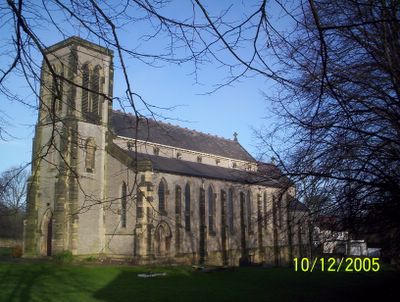Eine Kleine Nachtmusik - music for the night
27th January this year marks 250 years since Mozart’s birth and since he was such a prodigious childhood prodigy, for nearly all that time since 1756, the world has reverberated to his music, zesty, eloquent and playful. We will all encounter Mozart’s music in this anniversary year. Some snatches of melodic line and argument will already be familiar. Others will come as a surprise.
The music of course stands to be judged in its own terms, speaking as it does to the heart. Yet inevitably the drama of the music is heard for us against the backdrop of Mozart’s own life, lived at breakneck speed in the courts and salons of
Karl Barth, the great Swiss theologian, was passionate about Mozart and would listen to his music religiously, every day. Attractions and affinities are often complex. But what seems to have drawn Barth to Mozart was the interplay of light and darkness he sensed in the music. In Mozart, he suggests, “the sun shines but does not blind, does not burn or consume.” There is light in this music and joy ‘overtakes’ sorrow but sorrow is not extinguished.
On February 2nd Christians celebrate Candlemas, the climax of the Christmas season, when the infant Jesus was presented in the
Light shines in the darkness but it doesn’t ‘overcome’ it. And yet with the light comes joy. Sometimes the music of Mozart can seem too balanced and contrived. And we can retreat into such music for repose – to chill out – knowing that reality is much messier and murky. At its best, though, (and there is so much of the best!) Mozart leaves us balanced on a knife edge where darkness is around but we can move through the music with light for the path.
Fr Andrew


1 Comments:
Thanks for the article, very effective information.
Post a Comment
<< Home